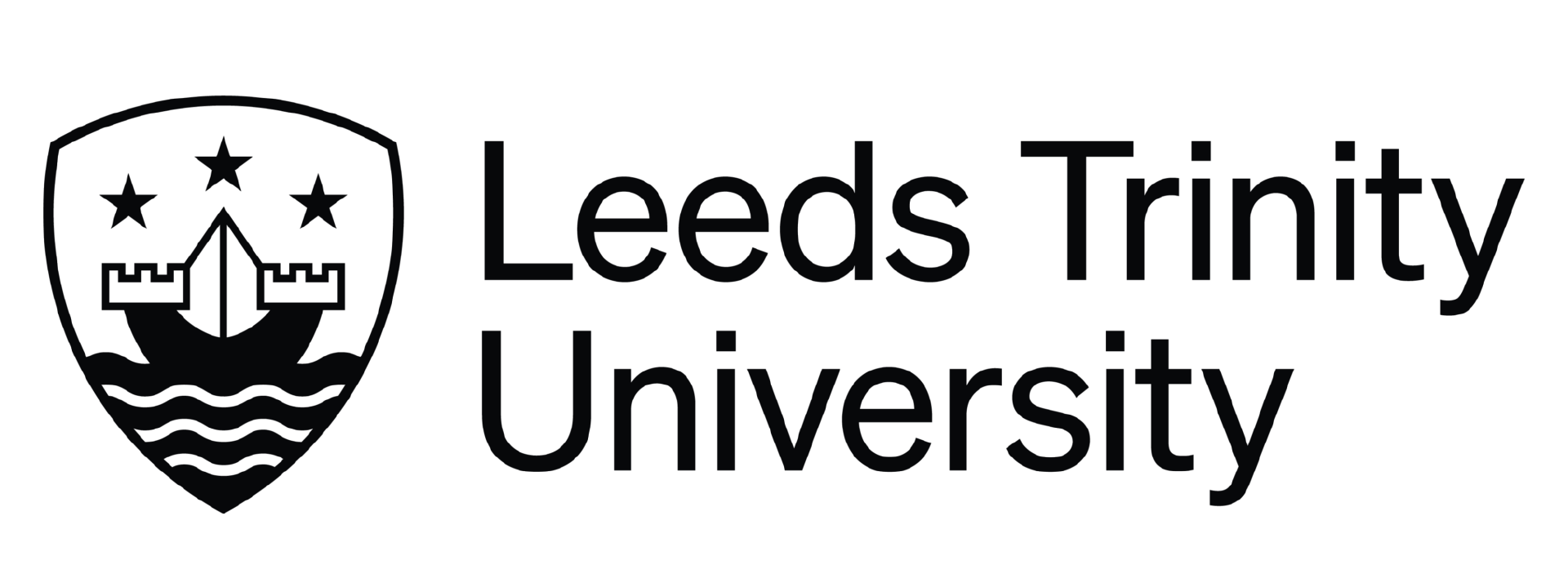- New white paper from Health Innovation Yorkshire & Humber, Yorkshire Universities and the NHS Confederation lists 10 key recommendations to narrow widening health and wealth gap
- Meaningful devolution to local leaders the best way to tackle health inequalities and economic inactivity – currently costing the UK £180bn a year
- Yorkshire and Humber’s diverse geography, economy and population, and strong partnerships make it “perfect test bed” to pilot new ways of working amid mounting pressure on the health service and public sector
- Businesses, universities and key organisations across the region should also play a more prominent role in boosting health and delivering inclusive growth and wider prosperity
Devolving health powers and investment to local areas is key to tackling a “burning platform” of health and economic inequalities between Yorkshire and other parts of the UK, according to a powerful white paper published today.
The white paper argues that meaningful devolution that allows local leaders to lead is the best way to tackle health inequalities and economic inactivity that currently cost the UK £180bn a year.
Data highlighted in the Empowering Local Places for Health and Prosperity white paper – shows health and economic inequalities across Yorkshire and Humber – which has the third lowest life expectancy in England – have been exacerbated by the COVID-19 pandemic.
The UK loses £13.2bn a year in productivity as a result of health inequalities in the North of England.
And, putting forward Yorkshire as the “perfect test bed for piloting new approaches” the white paper – produced by Health Innovation Yorkshire & Humber, Yorkshire Universities and the NHS Confederation – today sets out 10 key recommendations to narrow the healthy life expectancy gap while also growing a more inclusive economy.
Chief among those recommendations is that central government should devolve more health powers to local places so that solutions can be found that meet the needs of local people and communities.
The white paper concludes mayoral combined authorities are ideally placed to use their convening and commissioning powers to bring together broad-based partnerships – comprising businesses, universities, sports bodies and community-based organisations, as well as local government and the NHS, in efforts to tackle specific health and economic issues in local places.
It also issues a rallying call not just to national, regional and local leaders but businesses, combined authorities, integrated care systems and other anchor institutions who are urged to use genuine devolution to build on existing public-private sector partnerships “ensuring businesses have a clear role, not just in developing a strong regional economy, but also in providing healthy work environments”.
Richard Stubbs, CEO of Health Innovation Yorkshire & Humber and one of the white paper authors, said:
The link between healthy people and a strong economy is now well understood, yet despite efforts by partners in our region and government in recent years, health and economic inequalities across Yorkshire and Humber continue to widen. We must look urgently to new ways of working to ensure our people, our economy and our health service cannot just survive but thrive.
Our aim through this white paper is to shape a new model for addressing health and economic inequalities that delivers better outcomes, not just in Yorkshire but nationally.
We’ve got many of the ingredients for success here already. What we need is more of the powers and flexible investment to respond to what local communities really need and strengthen partnerships – especially with business, a sector that can contribute massively to better health as well as a stronger economy.”
The white paper highlights that Yorkshire’s diverse geography, economy and population and strong partnerships between public bodies, the health sector, universities, businesses, and others make it the “perfect test bed for piloting new approaches and innovations” that could be replicated and scaled up elsewhere in the country.
Launched a week before the 2024 Convention of the North takes place in West Yorkshire, the white paper was developed after gathering evidence from more than 40 individuals covering wide ranging health and economic perspectives across Yorkshire and beyond.
It also identifies the important role of universities and businesses in supporting health and economic prosperity as part of broad-based local partnerships.
White paper co-author, Matthew Taylor, CEO of the NHS Confederation commented:
There is growing evidence that local action delivers better outcomes, through the power of greater local autonomy, alignment of principles and reforms, and a better understanding of health as an economic and social agent.
This white paper bolsters that evidence and highlights how Yorkshire can be the region that, through partnership working, truly unlocks the NHS’s social and economic potential.”
As a region home to 37,000 students studying medicine or health-related subjects, Yorkshire’s universities are well-placed to meet ambitious targets set out in the NHS’s Long-Term Workforce Plan to double the number of medical school places in England and increasing adult nursing training places by 92%.
With NHS vacancies – particularly nursing jobs – at an all-time high, one of the white paper’s top recommendations is for health service leaders and the government to work more closely with universities to remove barriers to student recruitment in health-related subjects.
Professor Karen Bryan, Chair of Yorkshire Universities, said:
Action to deliver on the NHS Workforce Plan ambitions has been slow to materialise, which is concerning given the scale of the workforce crisis the NHS is facing. I’m pleased that this white paper recognises the crucial role of universities in meeting the targets in the Workforce Plan, including boosting student recruitment, providing capital investment to improve training capacity, extending and diversifying placements and practice-learning, and tackling health student and early-career attrition.
It also reinforces the importance of collaborative initiatives such our Yorkshire Policy Engagement and Research Network (Y-PERN), which unites our academics with policymakers and communities to ensure they are armed with evidence about what the economy and their communities really need to thrive.”
The white paper published today builds on the influential 2020 YHealth for Growth publication, which informed a report by the House of Lords’ Public Services Committee on the government’s levelling up agenda and has prompted closer joint working between regional partners.
To find out more visit: https://www.yhealth4growth.info/
NOTES TO EDITORS
Media enquiries
For media enquiries and interview requests please contact: Ben.turner@social.co.uk
About the white paper authors:
The ‘Empowering Places for Health and Prosperity: New Perspectives from Yorkshire and the Humber’ white paper is authored by Health Innovation Yorkshire & Humber, Yorkshire Universities and the NHS Confederation
Health Innovation Yorkshire and Humber
Health Innovation Yorkshire & Humber is one of 15 health innovation networks set up by NHS England to operate as the innovation arm of the NHS.
Across the country health innovation networks act as a bridge between health and care providers, commissioners, academia and industry. By connecting these sectors, they help to build a pipeline of solutions for the NHS from research and product development through to implementation and commercialisation.
Locally they work in partnership with their regional health and care community and develop projects, programmes and initiatives that reflect the diversity and meet the needs of their local populations and health care challenges.
Yorkshire Universities
Yorkshire Universities (YU) is a partnership of 12 higher education institutions in Yorkshire and the Humber. YU’s mission is to maximise the contribution of higher education to the region, through collaboration, where this generates greatest impact and public benefit, and aspiration and opportunity are supported. YU is a unique partnership based on a shared commitment to improve the economic and social prosperity and wellbeing of people and places in Yorkshire and the Humber.
NHS Confederation
The NHS Confederation is the membership organisation that brings together, supports and speaks for the whole healthcare system in England, Wales and Northern Ireland. The members we represent employ 1.5 million staff, care for more than 1 million patients a day and control £150 billion of public expenditure. We promote collaboration and partnership working as the key to improving population health, delivering high-quality care and reducing health inequalities.
- enquiries@nhsconfed.org
- www.nhsconfed.org
- @nhsconfed
Summary of the White Paper recommendations:
National recommendations:
Government should:
- Accelerate action to embed the health mission of the Levelling Up White Paper as a key outcome across all departments and within economic development investment.
- Devolve meaningful health investment and decision-making powers to the region’s mayoral combined authorities (MCAs).
- Ensure future appraisal of investment takes account of health as well as economic benefits and includes an appropriate level of revenue funding alongside capital investment
- Increase investment in health innovation and R&D in the region.
- Work with universities to address urgent barriers to meeting NHS Workforce Plan targets
Regional recommendations
Mayoral Combined Authorities should:
- Continue to more closely integrate health and economic growth, setting appropriate targets in response to local health priorities.
- Continue to enhance collaboration with Integrated Care Systems (ICSs) and each other and work with the region’s universities to better understand the impact of local interventions.
- Along with ICSs and other anchor institutions, use their convening power to empower broad coalitions of partners
Recommendations for business:
- All businesses should take action to support their employees’ health and wellbeing, taking advantage of available support and best practice
- Larger businesses should adopt and amplify best practice in supporting employee wellbeing, setting action plans and targets and monitoring progress.
Supporting statistics
The national context
National metrics highlight that the UK is getting poorer and sicker, while at the same time facing a challenging economic outlook:
- £180bn a year – the cost of health-related economic inactivity to the UK
- 1 in 6 of the UK workforce currently affected by long-term sickness
- 50% increase in long-term sickness among 16–24-year-olds; the largest rise of any age group
- 650,000 fewer people in the workforce since COVID-19 – two-thirds of which are aged 50-64
- £53-£56 billion – estimated cost to employers of poor mental health in 2021 (↑25% from pre-pandemic 2019 estimates)
The Northern context
The COVID-19 pandemic has further widened the North-South health divide, with northern regions – including Yorkshire and the Humber – experiencing a higher mortality rate and greater economic shocks during and after the pandemic.
- Northerners were 17% more likely to die of COVID-19 than the rest of England
- 19% higher unemployment in the North during the pandemic than the national average
- £13.2bn a year in lost productivity for UK plc as a result of health inequalities in the North
The Yorkshire and Humber context
Yorkshire and Humber’s performance on health and economic outcomes largely mirrors the North’s performance, with some specific challenges:
- 4th lowest region for physical activity in Englandwith only 65% of people describing themselves as physically active
- 4th highest rate of smoking prevalence in England
- 67% of adults described as overweight or obese – above the England average
- 3rd lowest percentage of people in employment in England
- 3rd lowest life expectancy in England for both males and females
- £2,977 public spending per person on health in 2022-23 – lower than the UK average
Opportunities and enablers
Despite these challenges, Yorkshire and the Humber has several distinctive opportunities and enablers that could help the region improve its economic and health performance:
- 5.4 million population
- 150,173 people directly employed within NHS hospitals and community health
- 6 teaching hospitals – including the largest teaching hospital in Europe
- 5 mayoral combined authorities with devolution deals – 100% devolution coverage
- 2 investment zones (West and South Yorkshire) specialising in health innovation and advanced manufacturing respectively
- 12 higher education institutions – one of the largest concentrations in Europe
- Strong track record of partnership working across the region and between sectors













